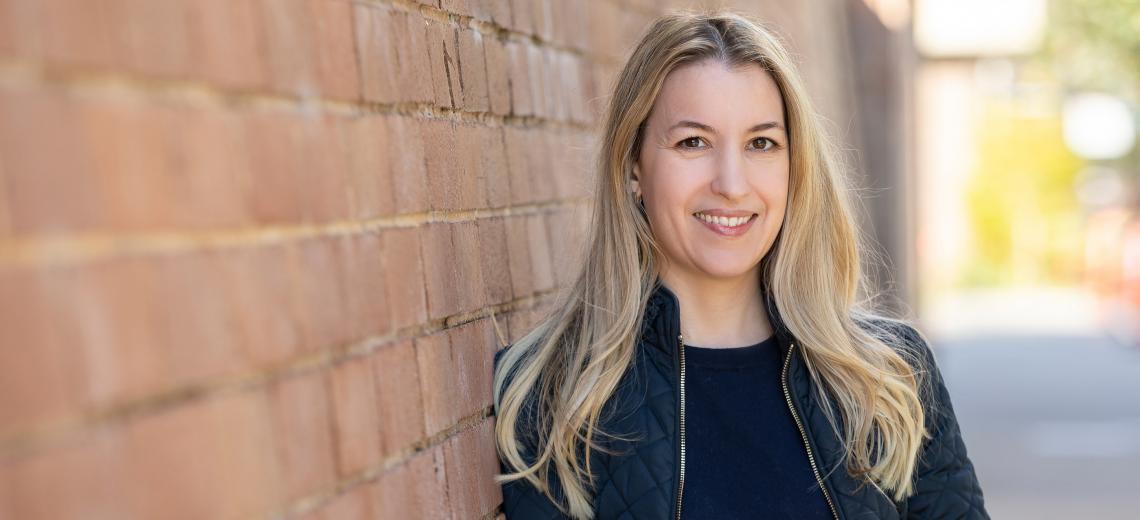
5 minute read
Idione Meneghel is an Associate Professor in the ANU College of Business and Economics’ (CBE’s) Research School of Economics.
Her research centres on game theory, or how economic agents use strategy when engaging with other agents to achieve beneficial outcomes (payoffs) for themselves. Idione is particularly interested in games with imperfect information – where agents do not have complete knowledge of the environment – and games whose payoffs lack the usual continuity properties, such as auctions.
“I am interested in the tools and methods used by economists to conduct research. Part of my work is devoted to developing models that allow economists to construct more elegant and insightful theories with minimal nonessential assumptions,” she explains.
Idione’s portfolio of research also includes notable contributions to fixed-point theory, which plays a vital role in the fields of physics and engineering. Her research has appeared in top peer-reviewed journals including Journal of Economic Theory, Theoretical Economics, and Econometrica.
She has held a visiting position at the Cowles Foundation for Research in Economics at Yale University and serves on the board of editors for the Journal of Mathematical Economics.
Notwithstanding her numerous successes in microeconomics, Idione admits that it was only two years after she commenced her PhD that she discovered her research interests.
Research is a social activity. Its objective is to have a conversation with other researchers in the profession, which leads to your progression in the field.
“I was doing very well in my undergraduate studies at São Paulo and felt that getting a doctorate was naturally the next step. However, when I started my PhD, I was not completely certain of my research interests. For these reasons, I approached my thesis work with an open mind and subsequently, decided to work on the foundations of economics; to understand why we write our models the way we do, and how we could improve our theoretical understanding of economic interactions. Game theory and decision theory are fields that address these important questions,” she candidly shares.
Idione extends her focus on theory to her CBE classrooms, while teaching her courses – Advanced Behavioural Economics and Microeconomic Theory.
“Moving away from the traditional lecture format, I ask my students to read research papers and discuss them in class. The objective is to understand what the fields of Behavioural Economics and Microeconomic Theory are – how they have evolved, and where the research in the field is going,” she says.
From her experience, theory is not only the starting point to lots of ideas, but it also helps us investigate and understand how relevant variables affect the economic problems and issues we study, and it helps shape the way all research in Economics is conducted.
“Research is a social activity. Its objective is to have a conversation with other researchers in the profession, which leads to your progression in the field. I have met many colleagues at workshops and seminars, particularly at Yale University, where I have actively received a lot of feedback on my work. In general, talking to other researchers always leads to new ideas and projects, so interaction is always productive for your research and academia,” shares Idione, who believes theory is an ice-breaker and eagerly awaits for her overseas-social-research catch-ups to resume.
The College is always keen to explore research collaborations with the public and private sector and to reconnect with alumni. Please get in touch if you would like to know more about partnering with us.
